A long time ago in a galaxy far, far away, I spent four years learning the ways of the Science. My masters lived at Wetsus, European centre of excellence for sustainable water technology. I didn’t make it to the last alumni meeting, but I’m still in touch with many amazing people from the Water planet. Recently I have been contacted by an old colleague:
Hi Sandra,
I hope this message finds you well. I'm wondering if you would like to write the alumni article for our next Wetsuits magazine from Wetsus? You might have seen it in previous editions.
Some details: The topic of the article is open. You can write about your PhD story/experience, what you learned during those years, friendships or about the research you did, what you doing now, or all combined.
The length of the piece is between one to two pages in the magazine, and we encourage providing two to three pictures in a separate file.
I got really excited about this opportunity and quickly dived in. In a way, the process felt like writing a piece of my autobiography. Once very painful situations were transformed into life lessons and I could see how it was all connected. Two friends who know the story reviewed the article and gave me great suggestions. Thanks ♥
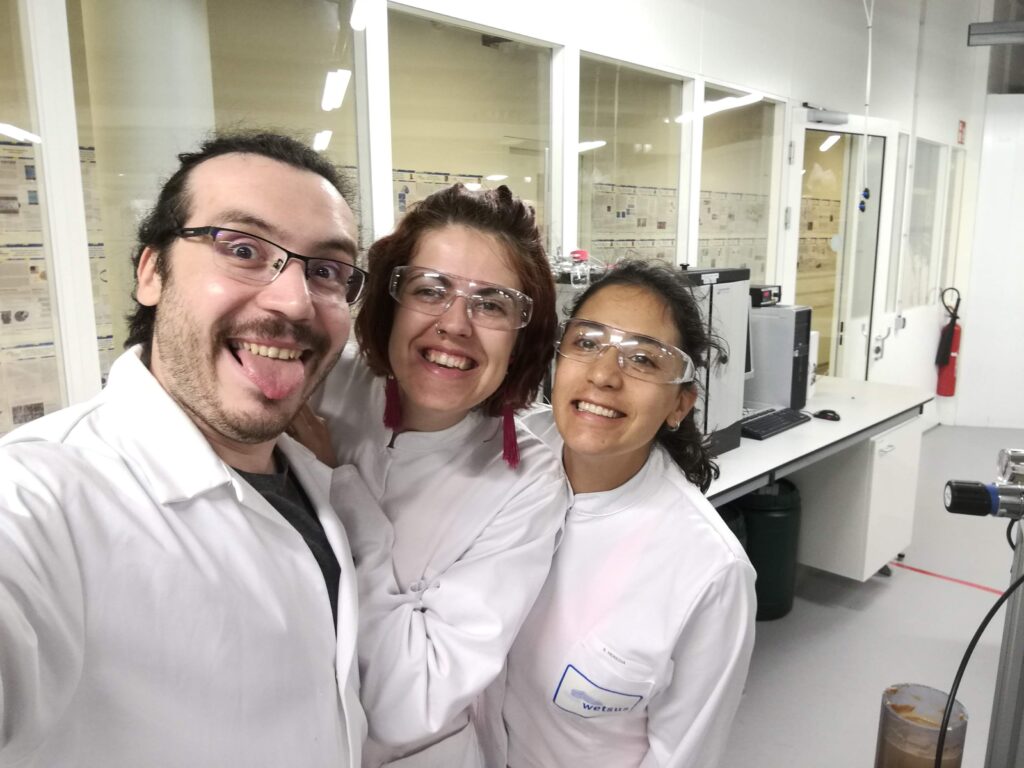
I took my own advice shortly after I wrote this article and quit my job. Let’s make steps in unknown directions and explore. There is still a lot to learn from life!
~~~~~~~~~
I hardly met a PhD who didn’t struggle. Have you spent months of your PhD seemingly going nowhere? What did you learn during those times? I would love to share a story about how a detour in my own research unexpectedly shaped my future.
It was 2017, my PhD year number two. I was struggling to handle my emotions and make progress with the research, which culminated in a burnout. My first results did not make any sense and I suspected that this could be an issue with the equipment: fiber-optic lasers. The manufacturer suggested issues with my setup and temperature control. Well, I had no idea what I was doing in the lab, and some of the reasons seemed plausible. I felt like my research was a dead end.
I considered leaving the PhD, the Netherlands, science in general.
Fortunately, I also understood that whatever personal issues caused my burnout, they would travel with me to my next destination. Because I decided to stay and I work on them, I needed a goal, something not as scary as getting a PhD.
My next mission was to prove that the lasers were not performing according to the datasheet!
First things first, I had to write my own software to pull the raw data instead of relying on the provided app. Programming on Raspberry Pis turned out to be a lot of fun and I was slowly building up my confidence. With this new portable computer, I was able to perform measurements outside of the lab and rule out setup issues. During this period, I was constantly sharing my data with the manufacturer and asking critical questions. Even though my research pointed out errors in the devices, the manufacturer did not want to admit failure on their side. A few months later, I was done with experiments, and I could clearly show the unacceptable behavior of the lasers.
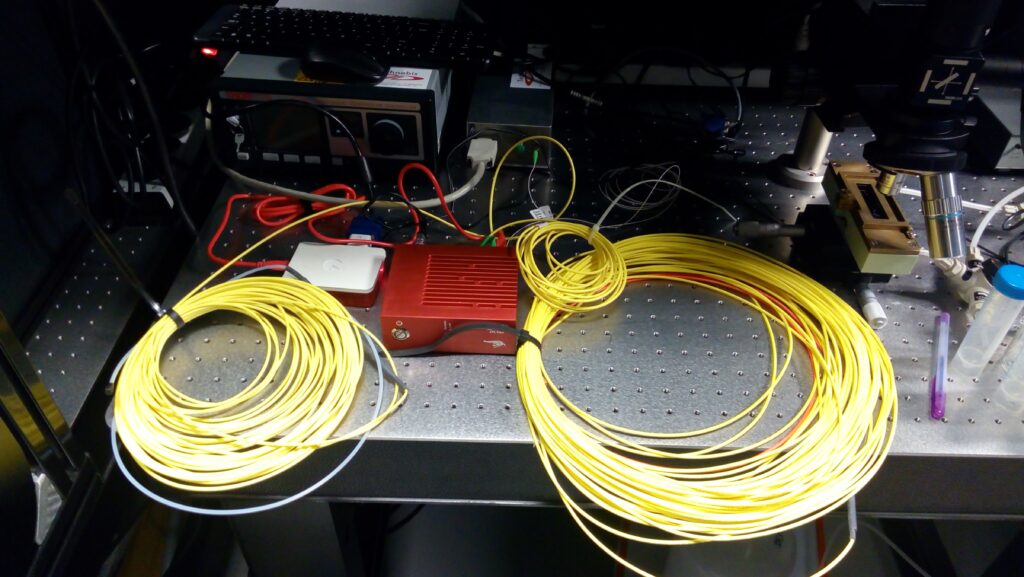
The manufacturer responded to my next email in a very defensive mode again. The accumulated anger from the past months came out and I insisted on coming to the headquarters in Leiden on the next day. When I demonstrated the problem to the development team, they seemed surprised and proposed a temporary solution. I could use their reference device and correct the data in post-processing. Even though this solution worked for a while, the manufacturer needed the reference device back, and it was unacceptable for me to continue my research without it. Wetsus applied some pressure and they eventually agreed to return our money. One year of the PhD seemed lost on this topic, it was also the most difficult one that I had to face. I bought new lasers, built a field setup and defended my right to hold a doctorate. The good old saying applies – it’s about the journey, not the destination. I am very grateful to have a chance to walk it and meet some wonderful people along the way.
Once the PhD is over, it leaves a big empty space inside. You can quickly fill it with the next job, a big travel, tasks that you kept postponing for the last year…
It was 2020 and I could not easily follow any dream around the world, but there was still one dream within reach – pilgrimage to Santiago de Compostella. Camino de Santiago or “The way” sounded like a great adventure that I needed to find a way forward in life.
That’s how I found myself on the foothills of the Pyrenees with a heavy backpack, 800 km ahead. The first week was extremely painful. The quickest way to get rid of the pain is to continue doing the same thing that caused it in the first place. My body slowly adapted, and I felt strong to march into the unknown. Somewhere between sunflower fields I completely lost the notion of where I was, who I was and why I came there in the first place. Walk, sleep and repeat.
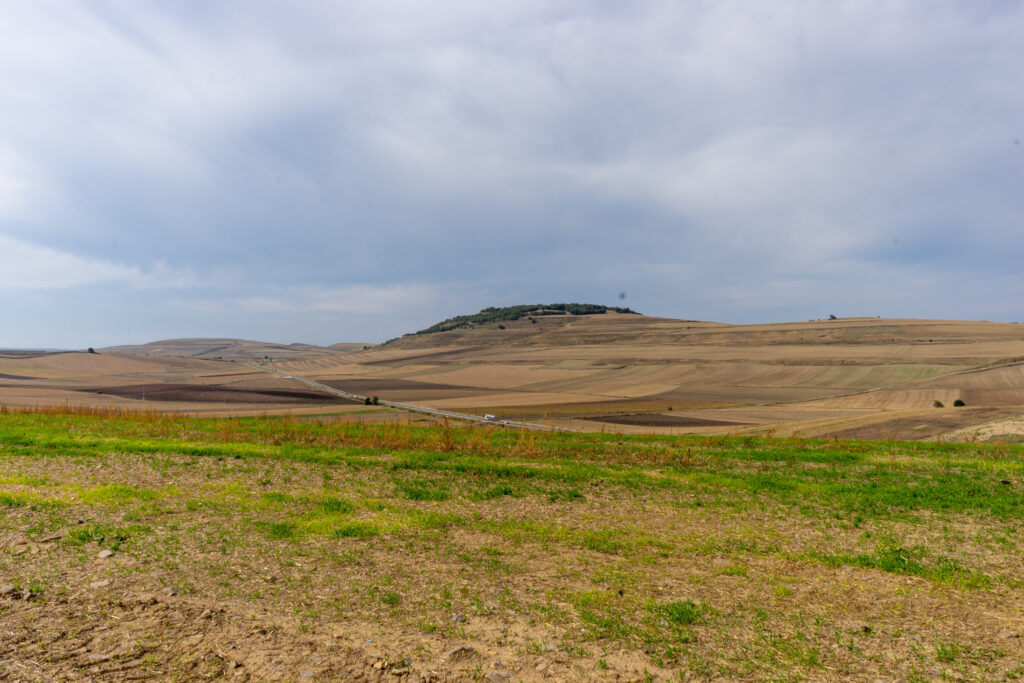
This is where I understood why the Camino is a highly addictive extreme sport.
Your body eventually runs on an autopilot and your mind gets crystal clear from the noise of your previous life. What’s left in the end is the sound of your footsteps, sunshine and details around you. You really live in the moment. I forgot how this felt in the last year of the PhD! I did not see any arrows pointing to my next life destination, but I found what I desperately needed – inner peace. Thanks to that, I was able to enjoy the following months of unemployment in Barcelona. If you have a chance to take a break after the PhD, I strongly recommend doing so. During my job interviews nobody ever pointed out the gap in my CV.
Later on, I landed a postdoc job at the University of Basel in Switzerland. Even though it was very applied research, after few months I had reached a point where I was ready to make a leap of faith into the cold industrial waters. The first idea was to apply for R&D engineering positions in optics (my background). The more interviews I had, the more I realized that an R&D role was too similar to a PhD. I honestly could not imagine working on the same project for three to four years again. One person who interviewed me recognized this feeling and referred me for another role.
The job title was Field application engineer. Reading the description did not help me very much, it felt like industry speaks a different language than academia. The education and experiences got me the interview, but showing both scientific and practical ways of thinking got me the job. And it all traced back to my PhD story with problematic equipment – these were exactly the skills that they were looking for! Another important skill was scientific communication (thank you lunch presentations and theme meetings)!
Looking back in time, my “lost” PhD year was invested into my future job.
There was new technology to understand and improve, but learning how to swim in industrial waters was challenging rather on the personal level. Scientists often identify themselves with their research. Research becomes more than a job and current results are reflected in the personal confidence. Being an optical scientist became a part of my personality, and it was something that generated a source of both anxiety and pride. As I kept learning new skills not related to research, I also realized that my job doesn’t define me. Of course, sometimes there are interesting problems that keep me thinking over the weekend. However, if things don’t go well, I can peacefully tell myself – it’s just a job. And just because I am leading the project, it’s not my job to figure everything out on my own.
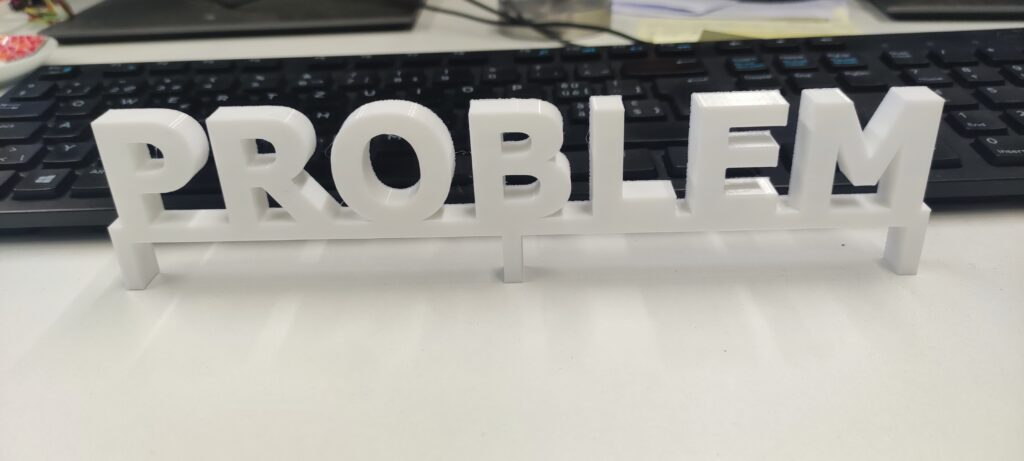
This September I decided to put my walking shoes on and travel from Porto to Santiago. There is one idea that repeatedly appears in different stages of my life, and it found me again – “create something good for the world”. I don’t know what it means yet, but until I do, I will keep exploring. To conclude, I find it very important to get lost once in a while and give yourself time to get bored. We scientists are big children inventing and playing our own games. Stay creative!
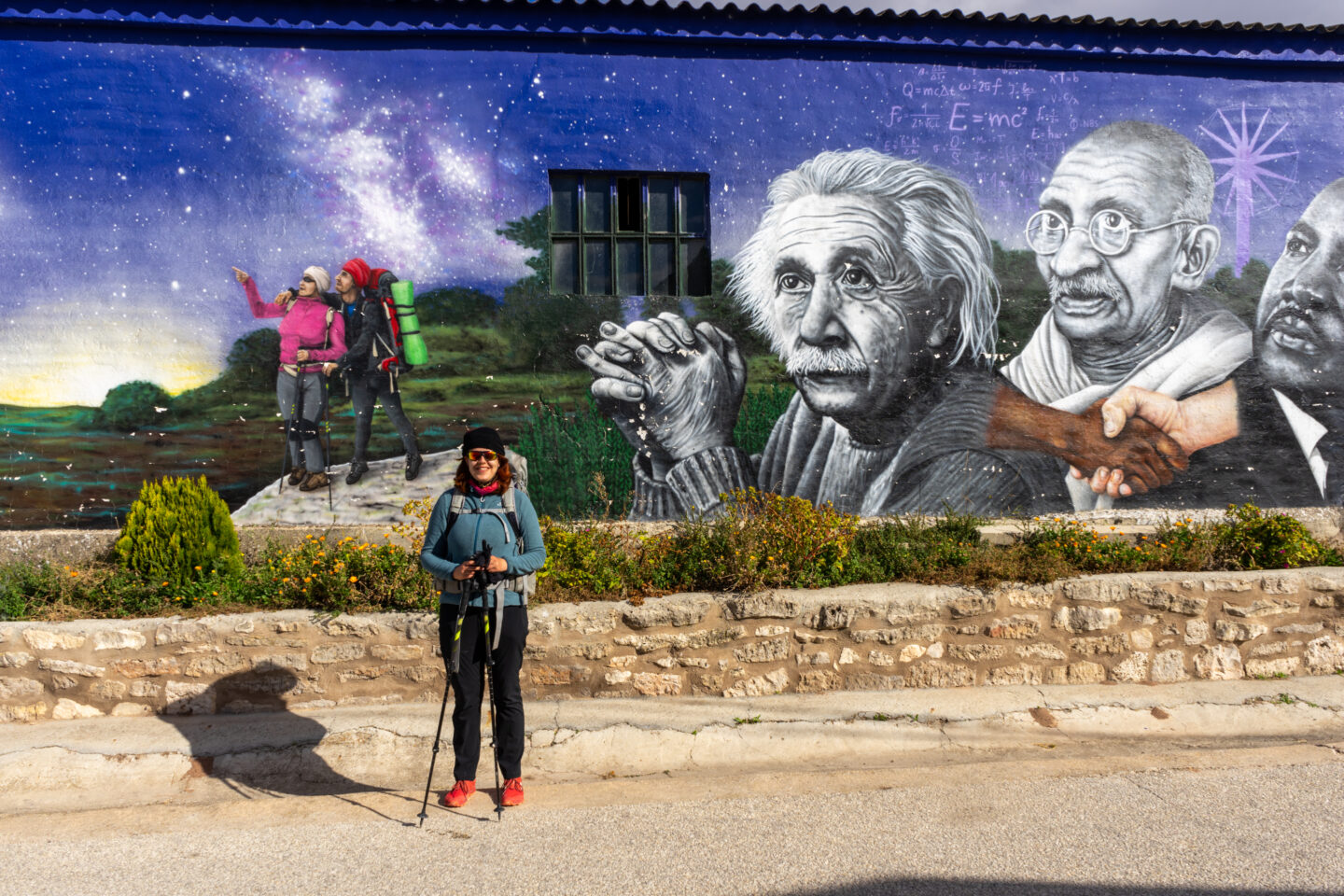
Leave a Reply